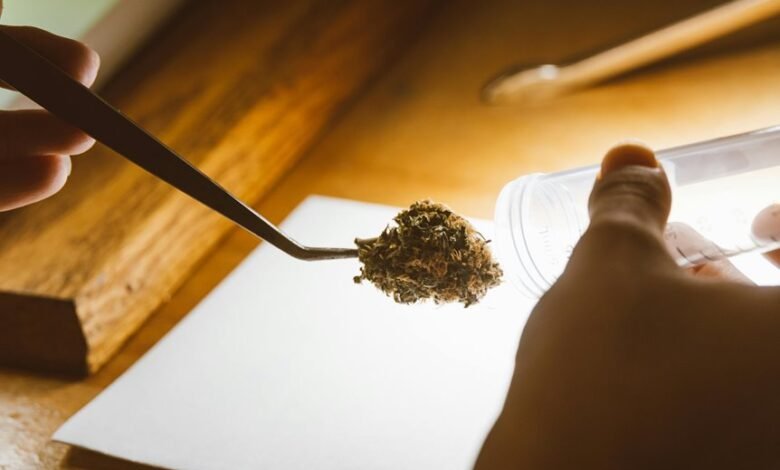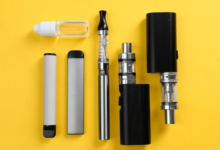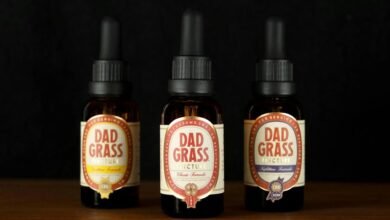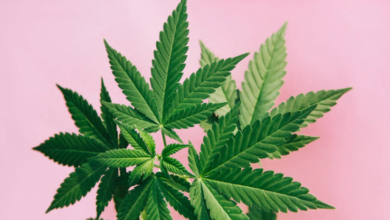Does Cbd Show up on Drug Test?

The relationship between CBD and drug testing is complex. While CBD itself is generally not a target in standard drug tests, users must consider the presence of THC in full-spectrum products. This trace THC can potentially result in positive test outcomes. Understanding the nuances of detection methods and product types is crucial for those concerned about drug testing implications. What factors should consumers weigh when selecting CBD products?
Understanding CBD and Its Composition
Cannabidiol (CBD), a prominent compound derived from the cannabis plant, has gained significant attention for its potential therapeutic benefits.
The cbd composition primarily consists of cannabinoids, terpenes, and flavonoids, contributing to its unique effects.
Various cbd extraction methods, including CO2 extraction and solvent extraction, determine the purity and quality of the final product, influencing its efficacy and safety in therapeutic applications.
Types of Drug Tests and Their Detection Methods
While many individuals may be concerned about drug testing, understanding the various types of drug tests and their detection methods is crucial.
Urine tests are the most common, detecting substances within days. Hair tests can reveal drug use over months, while saliva tests provide quick results for recent use.
Blood tests, though less common, offer precise measurements of substances in the bloodstream.
The Potential for CBD to Show Up on Drug Tests
The presence of CBD in a drug test is a common concern among users, particularly given the various testing methods employed.
While CBD itself is not typically targeted, drug test sensitivity may lead to the detection of CBD metabolites, especially in full-spectrum products containing trace amounts of THC.
Users should be aware of these factors when considering CBD consumption and potential drug testing outcomes.
Choosing the Right CBD Products for Drug Test Safety
When selecting CBD products, consumers must consider the potential implications for drug testing.
Full spectrum CBD contains trace amounts of THC, which can lead to positive drug test results. In contrast, isolate CBD is THC-free, offering a safer option for those concerned about drug tests.
Conclusion
In the quest for wellness through CBD, users ironically tread a fine line between relief and risk. While CBD itself is not typically a target in drug tests, the presence of trace THC in full-spectrum products can lead to unexpected consequences. Thus, those seeking to avoid detection may find themselves ironically reliant on CBD isolates, which promise purity yet strip away the very essence of the plant's benefits. Ultimately, the pursuit of health can sometimes lead to unforeseen complications.






